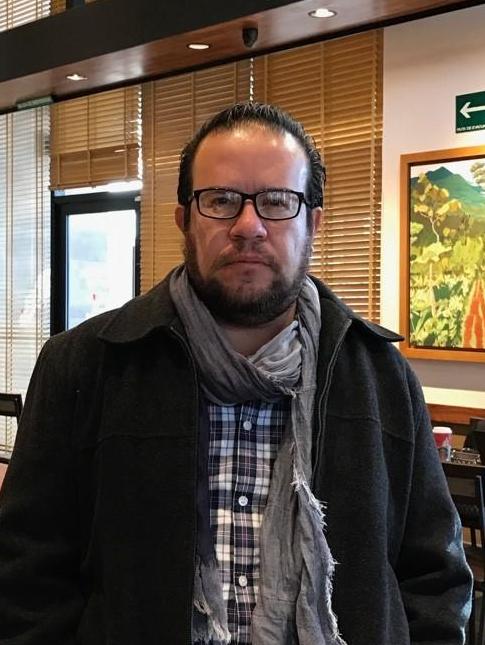Bioinformatics and immunologic strategies for the development of vaccines against bovine babesiosis
 Bovine babesiosis is a tick-borne disease caused by the protozoan parasites of the genus Babesia. Babesia bigemina is one of the causative agents of this disease in temperate regions of the world, including the Americas, where the strains are more virulent than in other parts of the world. It has been shown that a Th1 response correlates with protection in infected cattle. Immunodominant antigens of B. bigemina are highly variable, however conserved, subdominant epitopes are present and are targets for a successful vaccine. In the first part of the presentation, I will talk about the research we have done to identify vaccine candidates that induce protective immune responses using B. bigemina as a model.
Bovine babesiosis is a tick-borne disease caused by the protozoan parasites of the genus Babesia. Babesia bigemina is one of the causative agents of this disease in temperate regions of the world, including the Americas, where the strains are more virulent than in other parts of the world. It has been shown that a Th1 response correlates with protection in infected cattle. Immunodominant antigens of B. bigemina are highly variable, however conserved, subdominant epitopes are present and are targets for a successful vaccine. In the first part of the presentation, I will talk about the research we have done to identify vaccine candidates that induce protective immune responses using B. bigemina as a model.
Sexual reproduction, a process involving recognition and fusion of two cells, is highly conserved among different taxa. In their host vector, Babesia parasites undergo sexual reproduction, therefore the development of sexual stages and the subsequent formation of the zygote are essential for the parasite to invade the intestinal cells of the vector tick and continue its life cycle. In this part of the talk I will discuss our research focused on the identification of proteins involved in Babesia sexual reproduction as targets for transmission blocking vaccines.
Professor Juan Mosqueda
Juan Mosqueda is a veterinarian and currently works at the Autonomous University of Queretaro in Mexico, where is a Full-Time Professor in the Department of Veterinary Medicine for the last past nine years. He teaches immunology and bioinformatics and is responsible for the Immunology and Vaccines Laboratory.
Since 1993 he has studied bovine babesiosis in the National Center for Disciplinary Research in Veterinary Parasitology, a government research center. There, he contributed to the development of attenuated live vaccines for Babesia bovis and B. bigemina cultured in vitro. Juan obtained his PhD at the Department of Veterinary Microbiology and Pathology in the College of Veterinary Medicine at Washington State University in USA. His main research focus is understanding mechanisms of infection that can be used as vaccine targets for vector-borne parasites, as well as developing diagnostics test to improve pathogen detection. In recent years, he has included other pathogens and the vector ticks in his research studies under the theme One Health.
Currently he is an OIE-designated expert for babesiosis and anaplasmosis for the National Reference Laboratories in Mexico. He is the current President of the Mexican Society for Veterinary Parasitology for the period 2014-2017.
Can't make it? This seminar will be live streamed here. You can also participate in the Q&A either on Twitter by using #QAAFILIVE, or email Seminar Coordinator Hannah Hardy.
About Science Seminars
Queensland Alliance for Agriculture and Food Innovation hosts science seminars across the disciplines of animal, horticulture, crop, food and nutritional sciences.
With a range of speakers from Australia and abroad, the series explores how high-impact science will significantly improve the competitiveness and sustainability of the tropical and sub-tropical food, fibre and agribusiness sectors.
View Science Seminar pageSign up to receive QAAFI Science Seminar notifications
Email Science Seminar Committee
The Queensland Alliance for Agriculture and Food Innovation is a research institute at The University of Queensland, established with and supported by the Queensland Department of Primary Industries.

